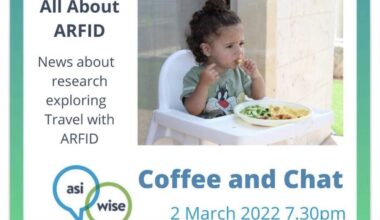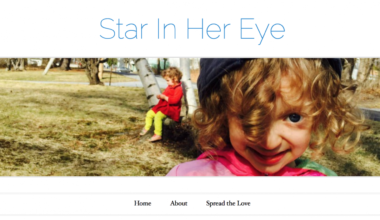paediatrics
Coffee and Chat | Sensory Integration, ARFID and Travel
FREE| Wednesday 2 March 7.30 pm GMT Book Here: https://www.eventbrite.co.uk/e/2022-asi-wise-coffee-chat-talking-ayres-sensory-integration-registration-238213722657 Dr Yana Wengel is an associate professor at Hainan University. Yana takes a critical approach…
 1 Mar, 22
1 Mar, 22 




